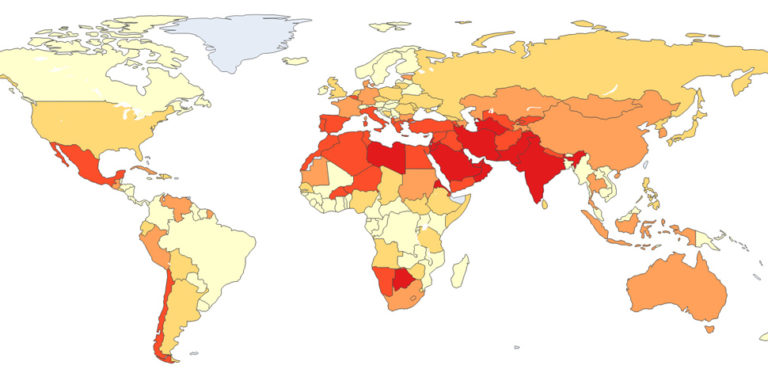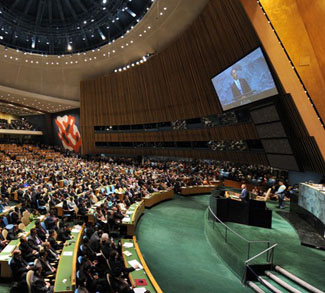*This article was originally published on February 28, 2018
Summary
Ethiopia may soon find itself at a social and geopolitical turning point. Its population is expanding at a remarkable rate of 2.85%, and already amounts to over 100 million people (64% of which are under 24). The country experienced double-digit economic growth during the 2000s and is still developing at a fast pace, with a projected GDP increase of 8.5% in 2018. Nevertheless, its economy remains based on traditional agriculture; large swathes of its inhabitants live in poverty (30% in 2014) and are threatened by famines. Ethiopia’s population is also heavily fragmented in ethnic terms, and during the past year it has suffered a high degree of socio-political turmoil. But most importantly, especially in the long term, it is one of the countries more exposed to the effects of climate change. As a result of this combination of economic, social, and environmental factors, Ethiopia is likely to become a “geopolitical time bomb” in the medium-to-long term, with the potential for a deep and lasting impact on Eastern Africa and Europe.
Impact
To understand how this is possible, it is best to start from the events that are now shaking the country. Last week, Hailemariam Desalegn, leader of the ruling government coalition (the Ethiopian People’s Revolutionary Democratic Front, known as EPRDF) announced his decision to resign as prime minister. He declared that his decision (alongside the release of hundreds of prisoners in the previous weeks, many of whom are political opponents) was aimed at calming a series of violent protests that were taking place all over Ethiopia. One day later, a country-wide state of emergency was declared, and it is yet unknown how long it will last.
This kind of situation is not new for the country. Socio-political upheaval has been affecting Ethiopia over the past three years, causing the deaths of hundreds of people. The solution adopted by the government has generally been the same: release prisoners and declare a state of emergency. As a matter of fact, a 10-month-long period of national emergency ended last year without actually tackling the conditions at the base of popular unrest. There’s no reason to believe that this recent announcement will be any different.




